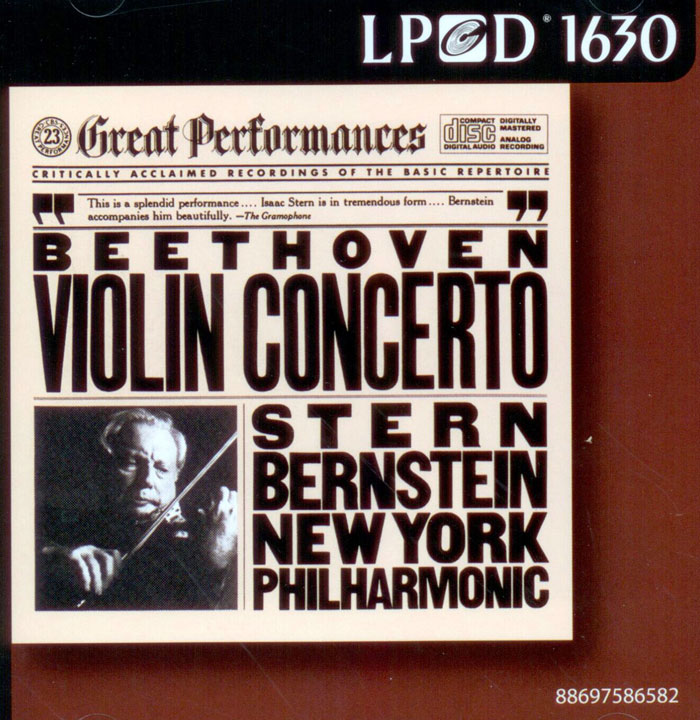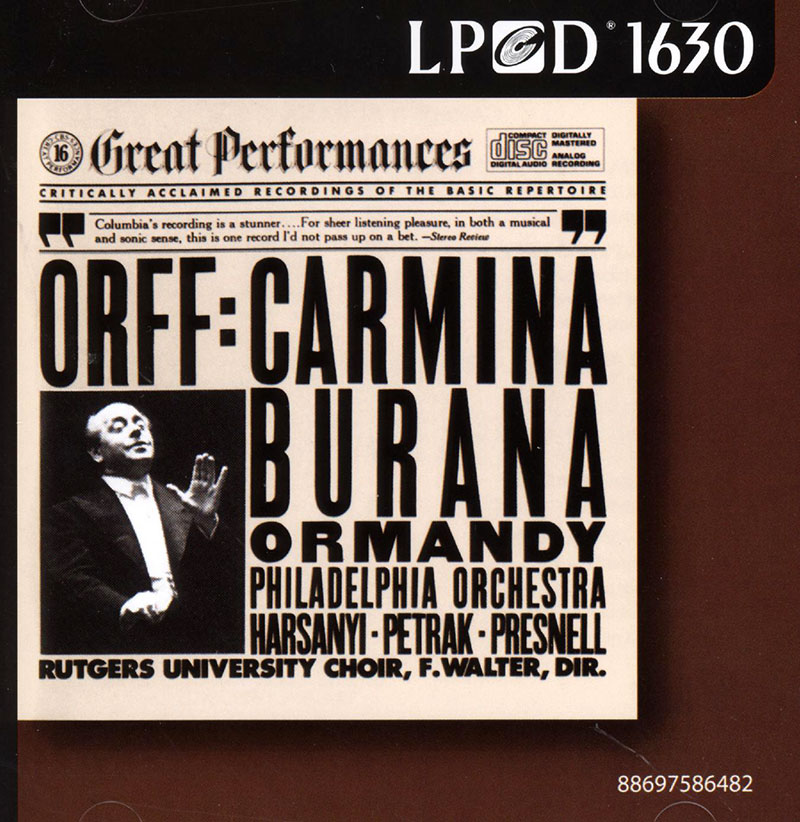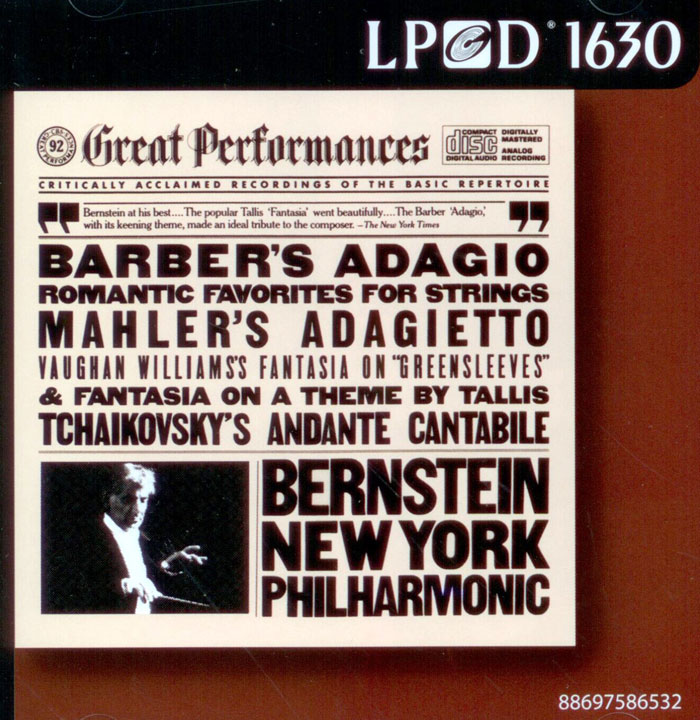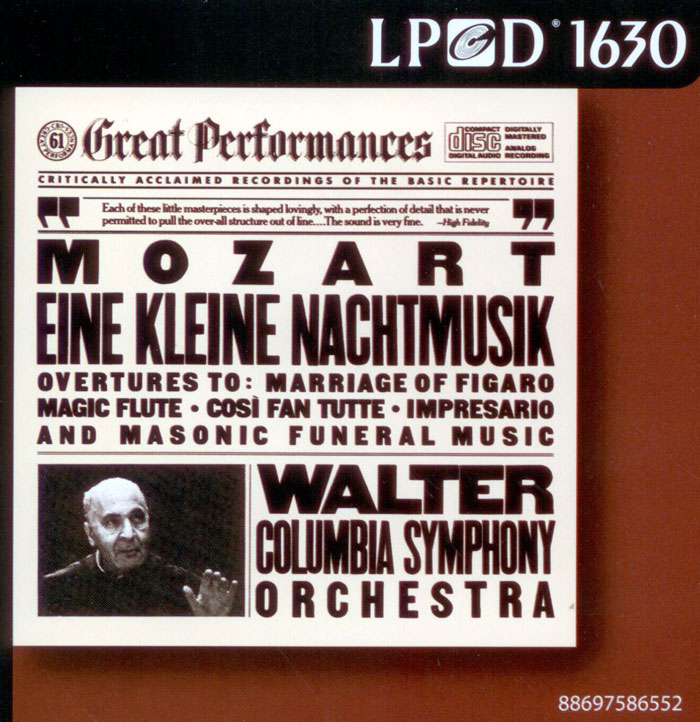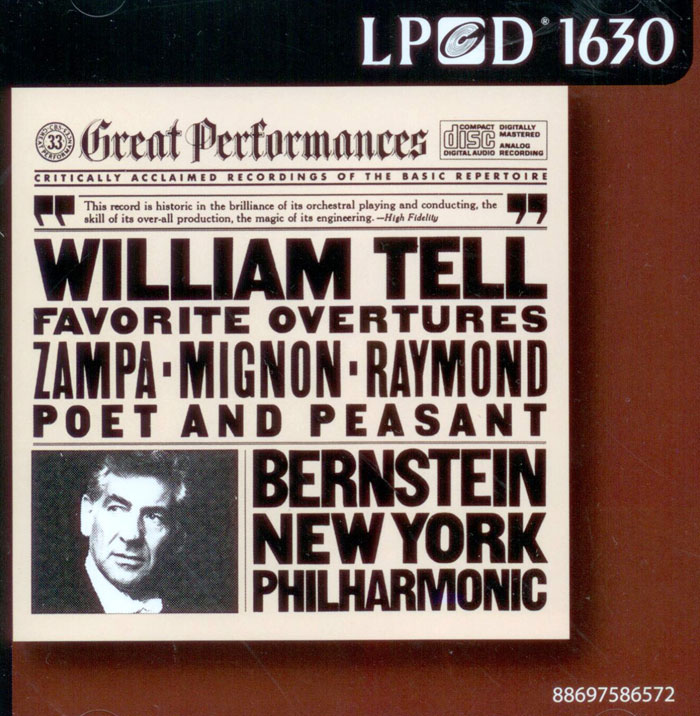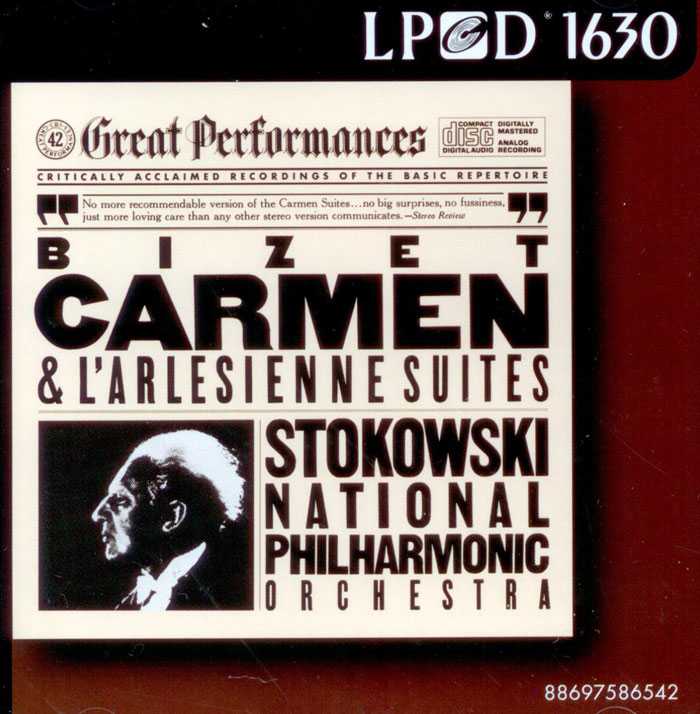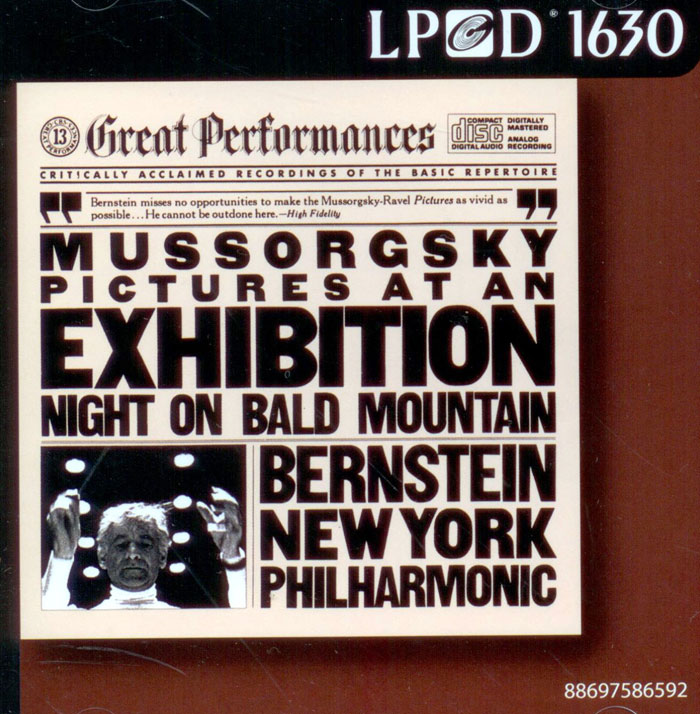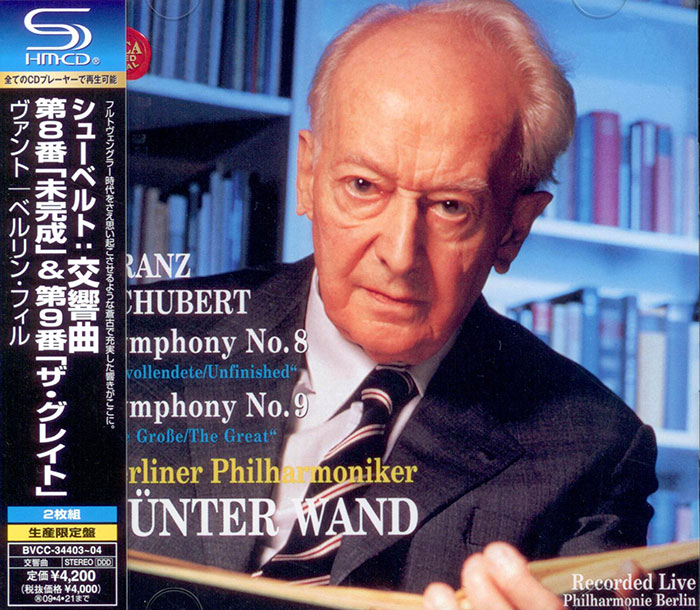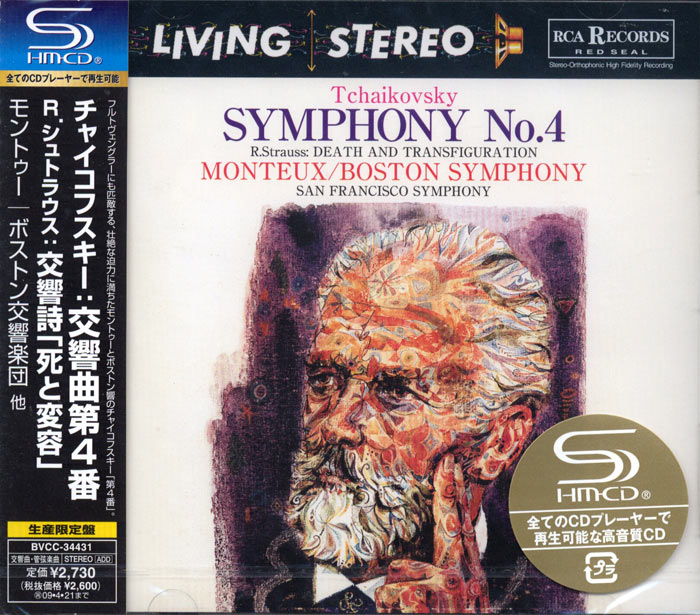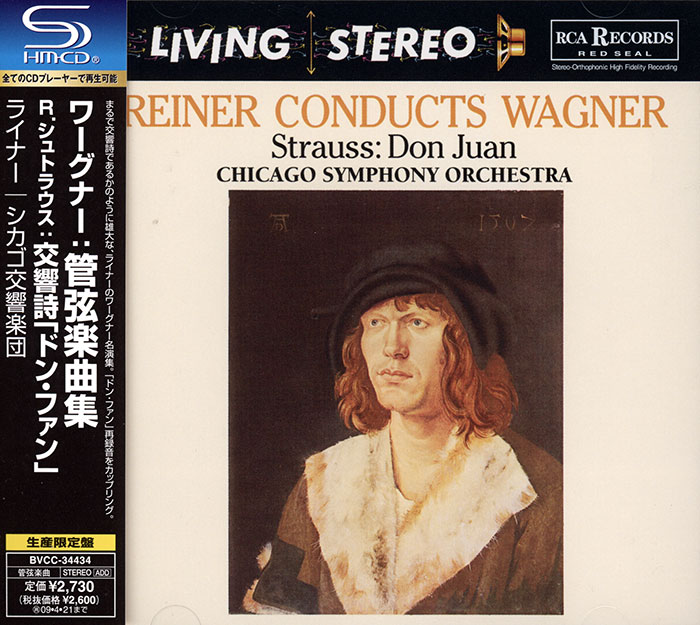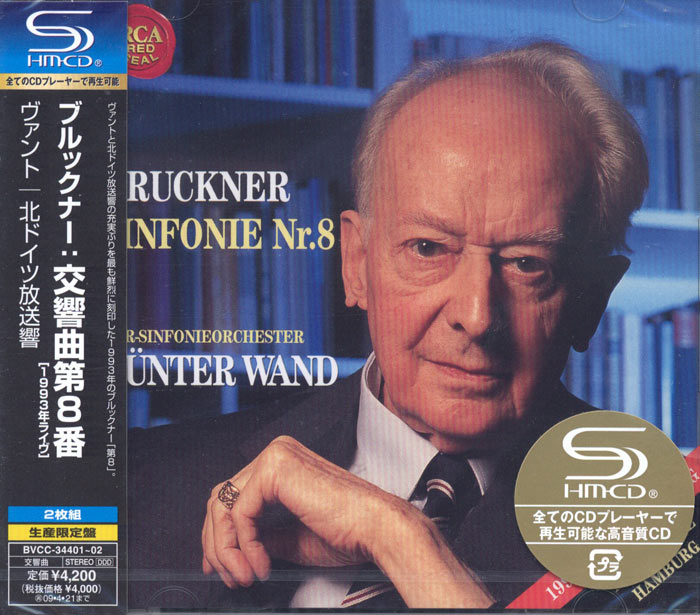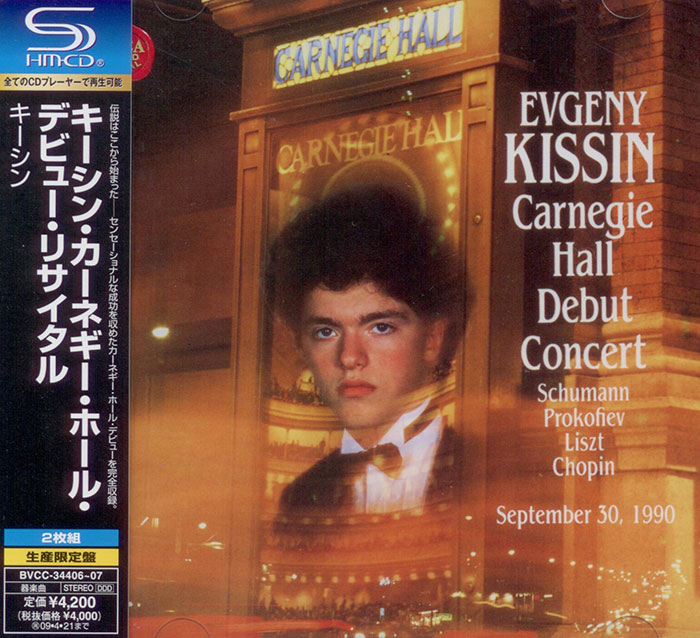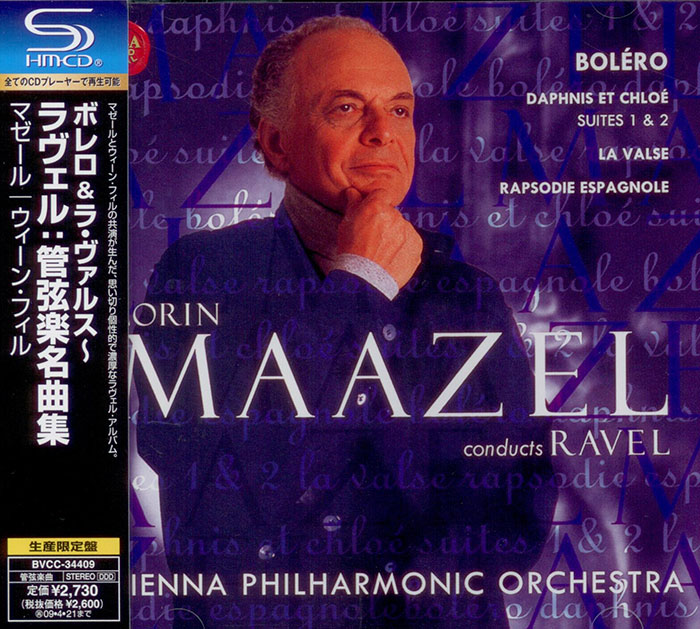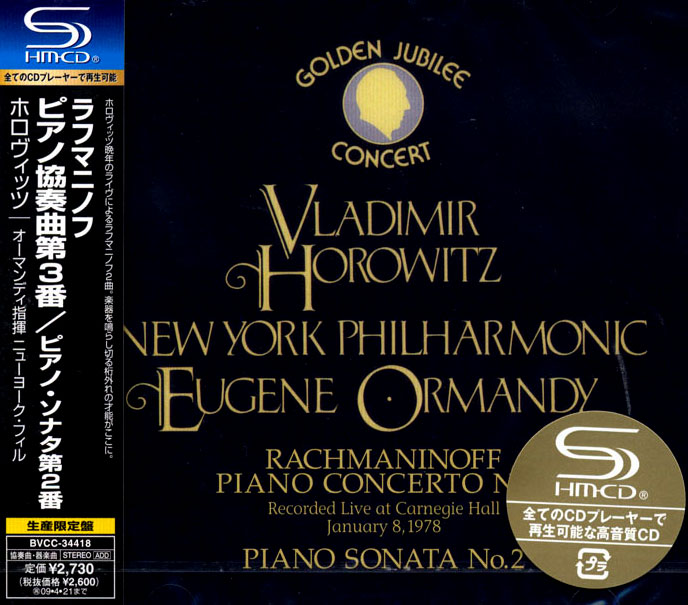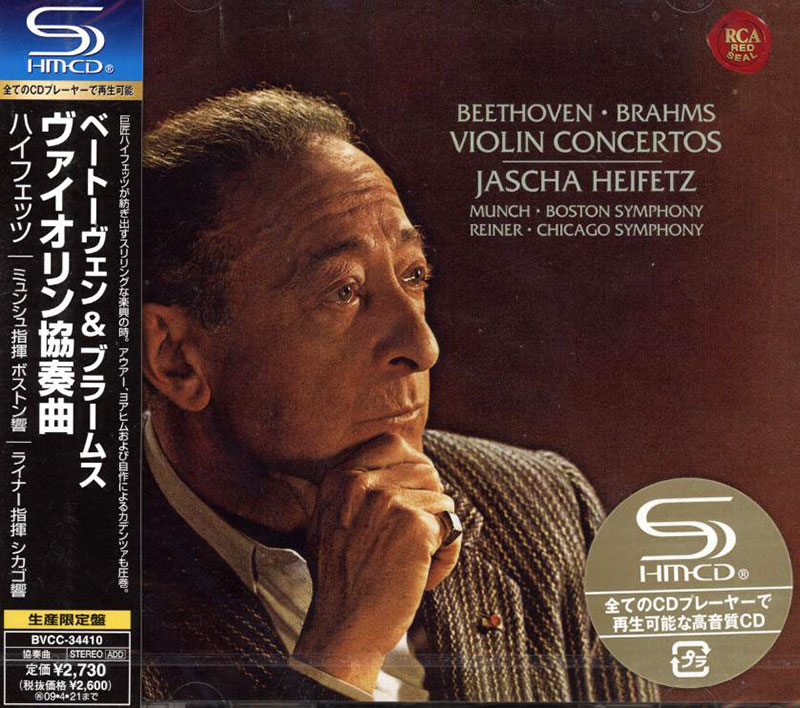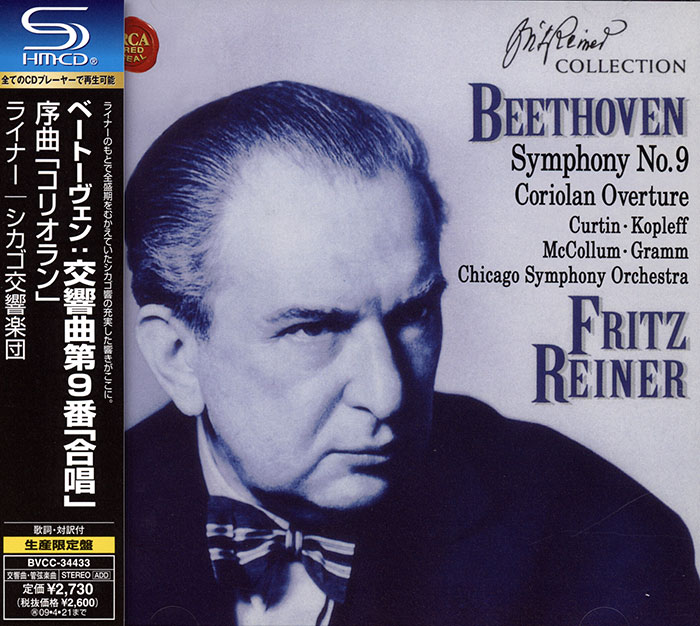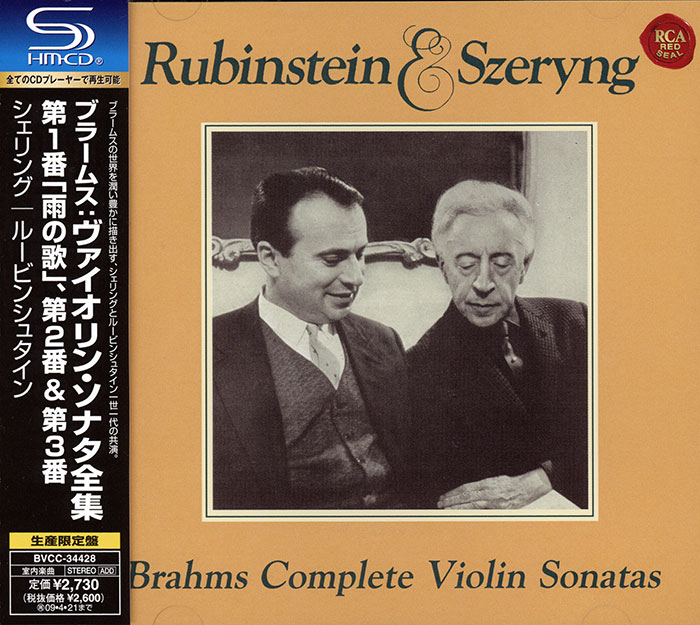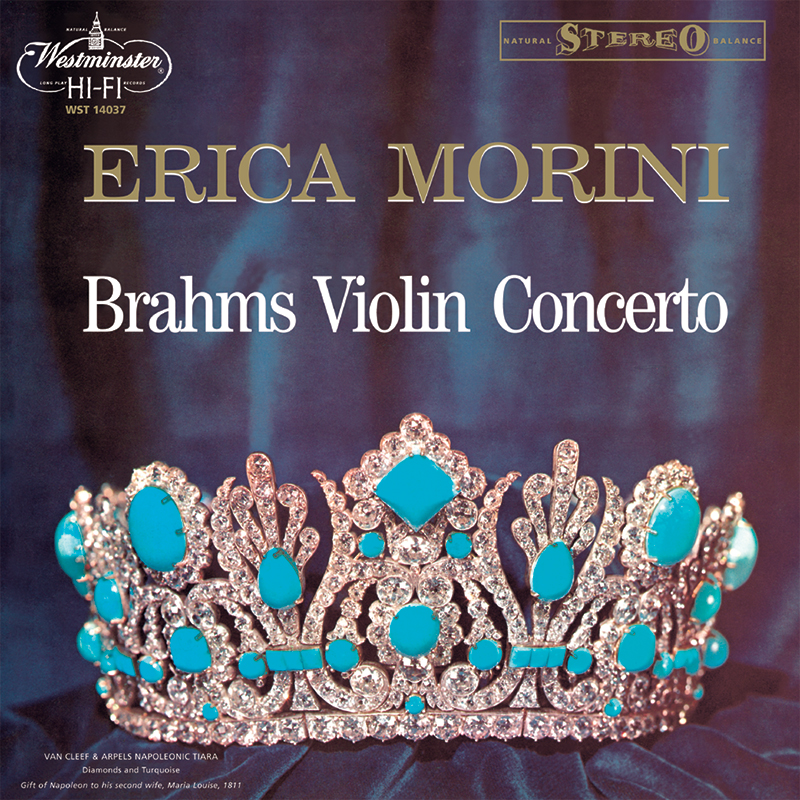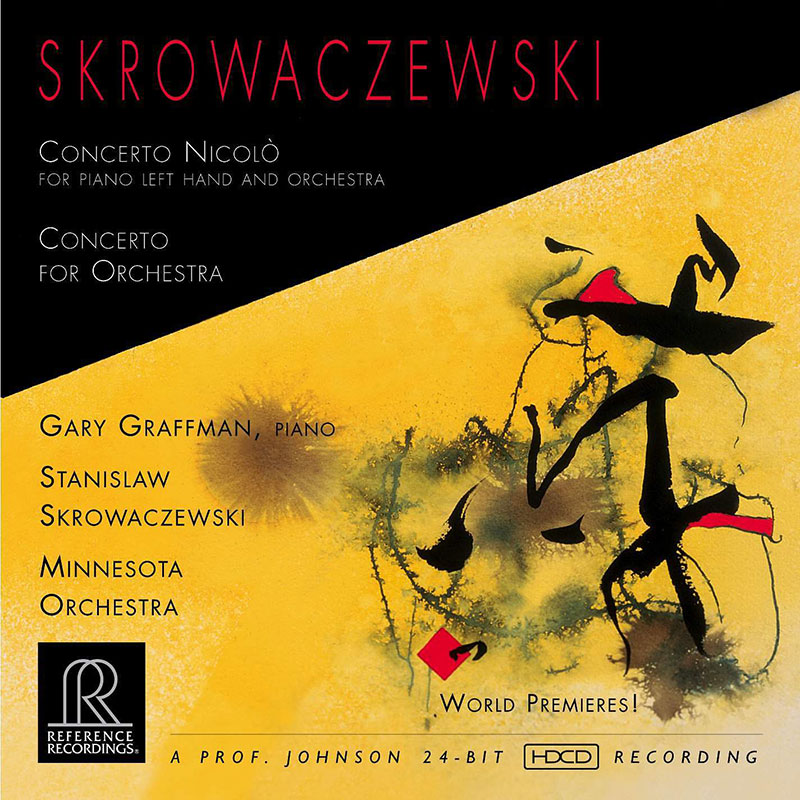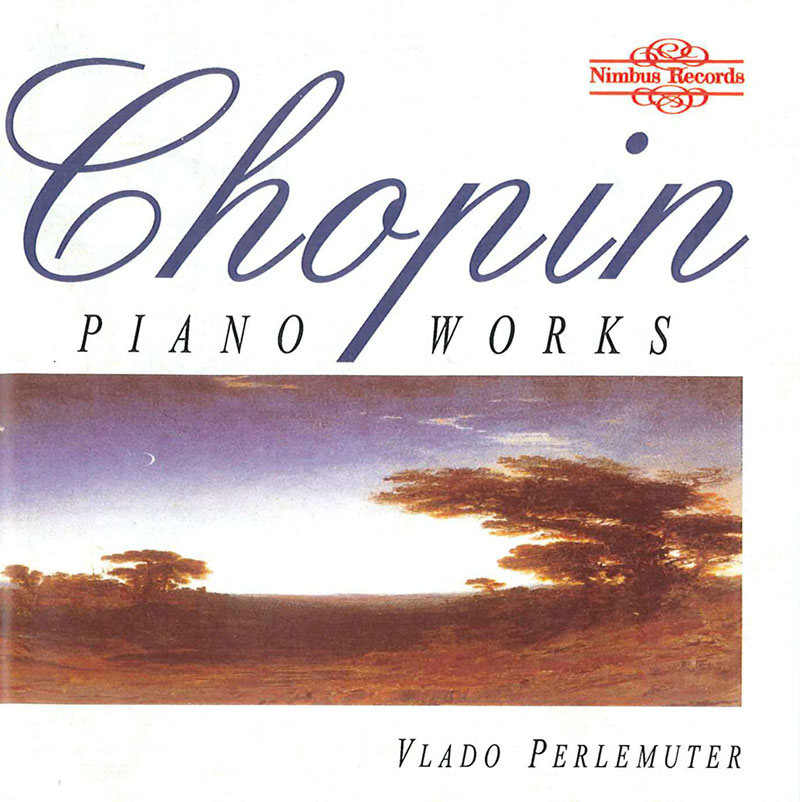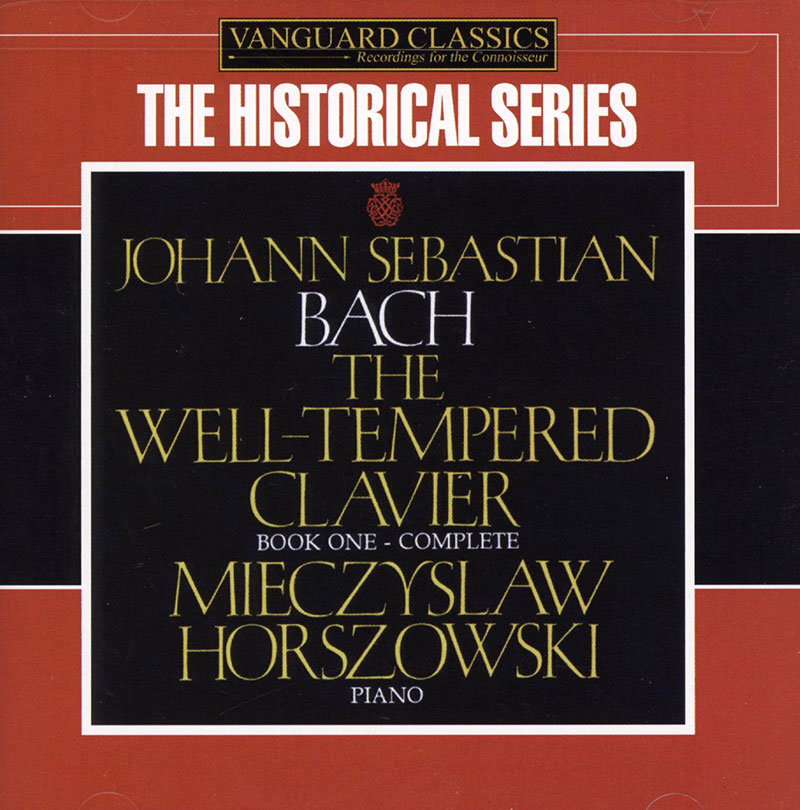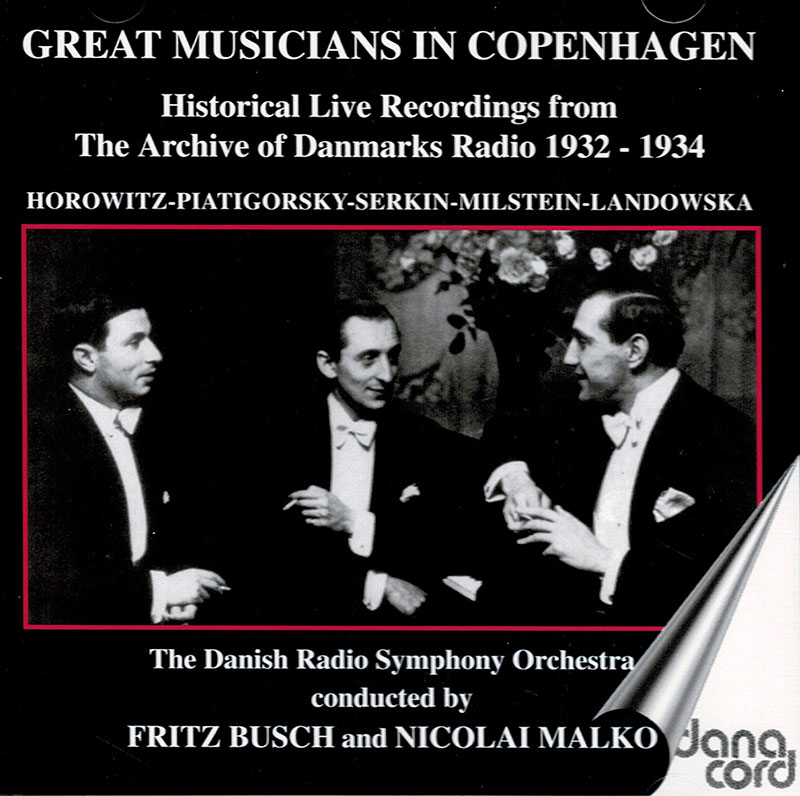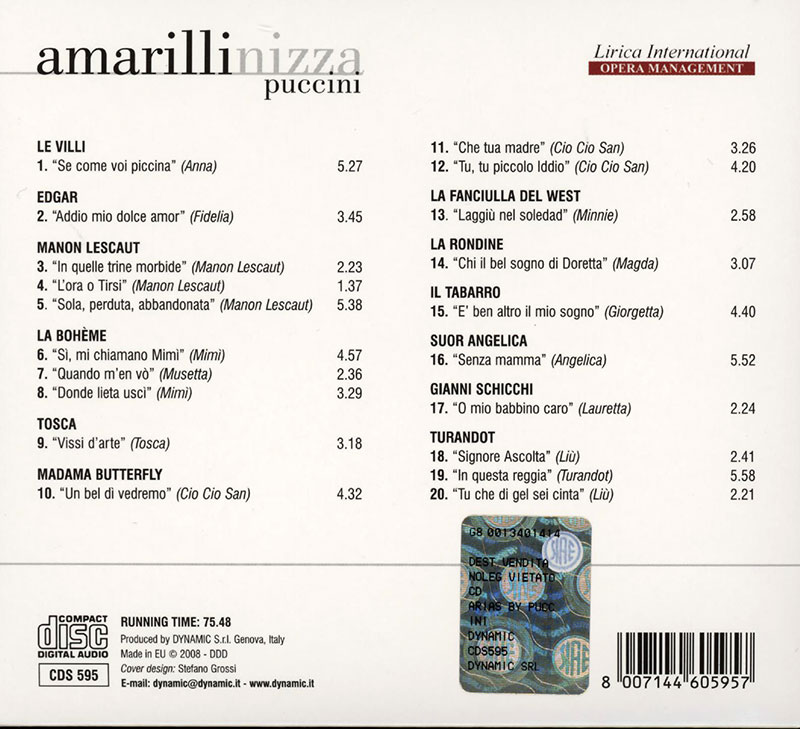Logowanie
Dlaczego wszystkjie inne nie brzmią tak jak te?
ENCYKLOPEDIA arcydzieł
SCHUMANN, PROKOFIEV, LISZT, CHOPIN, Evgeny Kissin
Carnegie Hall Debut Concert - September 30, 1990
Jeden z najbardziej spektakularnych debiutów ostatniego półwiecza!
Winylowy niezbędnik
ClearAudio
Cartridge Alignment Gauge - uniwersalny przyrząd do ustawiania geometrii wkładki i ramienia
Jedyny na rynku, tak wszechstronny i właściwy do każdego typu gramofonu!
ClearAudio
Harmo-nicer - nie tylko mata gramofonowa
Najlepsze rozwiązania leżą tuż obok
IDEALNA MATA ANTYPOŚLIZGOWA I ANTYWIBRACYJNA.
Osobowości
SKROWACZEWSKI, Stanislaw Skrowaczewski, Minnesota Orchestra
Concerto Nicolo for piano left hand and orchestra
WORLD PREMIERE!
PUCCINI, Amarilli Nizza, Orchestra of the Dvorak Theatre of OstravaOrchestra of the Foundation Arturo Toscanini di Parma
Puccini

- Amarilli Nizza - soprano
- Orchestra of the Dvorak Theatre of OstravaOrchestra of the Foundation Arturo Toscanini di Parma - orchestra
- Gianluca Martinenghi - conductor
- PUCCINI
This CD features soprano Amarilli Nizza singing Puccini's most memorable arias. The talented Milanese singer outlines Puccinian heroines with her typical passion and emotional engagement. The CD contains extracts from " Le Villi", "Edgar", "Manon Lescaut" , "La Bohème", "Tosca", "Madama Butterfly", "La Fanciulla del West", "La Rondine", "Turandot" and "The Triptych", which includes the three one-act operas "Il Tabarro", "Suor Angelica" and "Gianni Schicchi". In Puccini's operas heroines, who are the pivot around which the action revolves, are shown as women of true and unbounded love. Of the twelve operas that Puccini wrote seven are named after their female protagonists: to understand Puccini is therefore to understand all the emotional shadings of his heroines which he portrays as characters full of erotic passion, sensuality, tenderness, pathos and despair. In the words of the street vendor in "Il Tabarro" "Chi ha vissuto per amore, per amore si morì" ( those who lived for love died for love) one finds the ultimate destiny of these frail creatures. Puccini once wrote that "without melody, fresh and poignant, there can be no music". The composer always maintained a high sense of the relationship between words and music and his greatest talent was that his arias arise naturally from the action and represent the culmination of a character's lyrical expression.
